Welcome to our ultimate guide on how to extend the life of your dental implants! Dental implants are an incredibly valuable investment in oral health, providing a long-lasting solution for missing teeth. Keep your implants healthy so they’ll last you a long time.
Here, we will explore the best practices and habits to help you maintain your dental implants and maximize their lifespan. Let’s look at how you can extend the life of your dental implants!
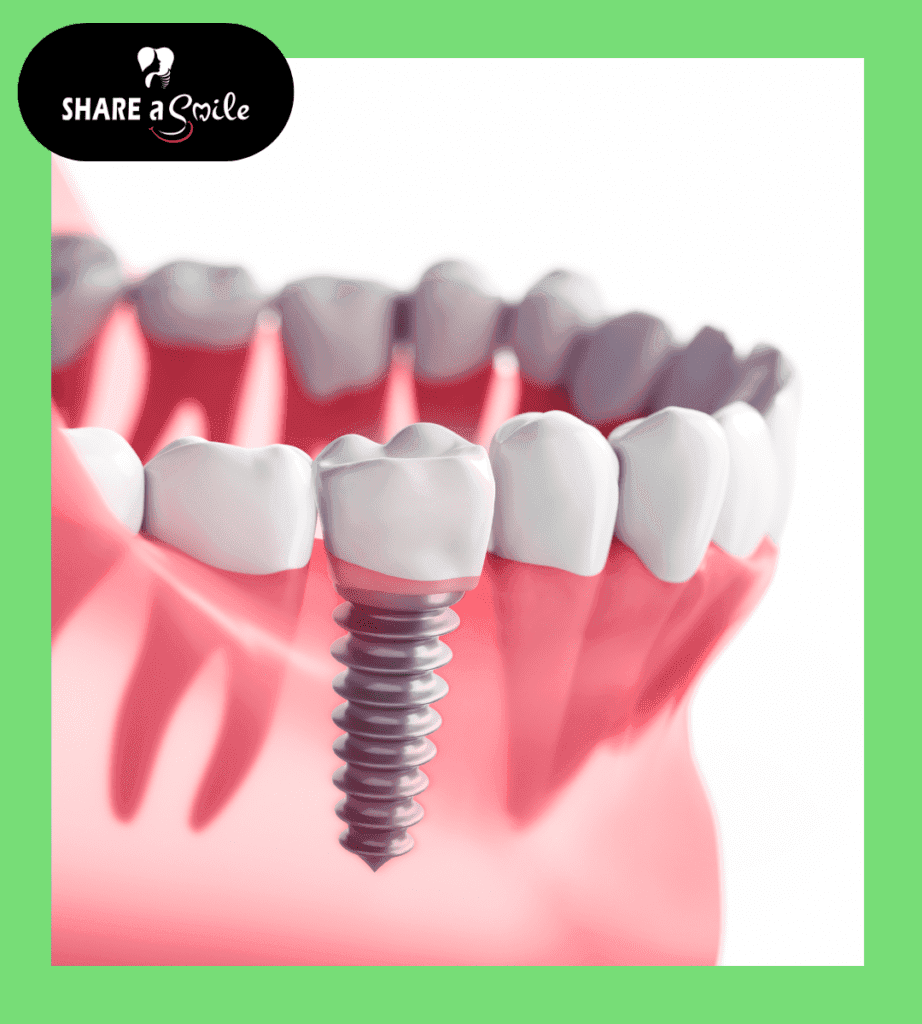
Understanding Dental Implants
Dental implants are a remarkable solution for replacing missing teeth. These are placed in jawbones to support a replacement tooth or bridge. The process of getting this is a comprehensive one, involving several important steps. It all begins with a thorough examination, where the dentist assesses the patient’s oral health and determines if they are a suitable candidate for implants.
A dental implant is a True solution for missing teeth, and it can last a lifetime if properly maintained and cared for. As a result of their long-term durability, implants have become a popular choice among patients and dentists alike. Additionally, implant-supported dentures are an excellent alternative for individuals who have lost their teeth. These dentures provide a more stable and secure solution than traditional dentures, thanks to the support of dental implants
What are dental implants?
These require no alteration to neighboring teeth, unlike other tooth replacement options. Dental implant success rates are high, ranging from 90-95%. This level of predictability makes it one of the most successful procedures in dentistry.
Besides restoring your smile, implant also play a crucial role in preserving your facial structure. Tooth loss results in bone loss in the jaw, weakening the surrounding structure. Dental implant help prevent this bone loss, ensuring your jaw remains strong and intact.
The benefits of dental implants
Dental implant offer many benefits beyond filling in the gaps in your smile. These remarkable dental prosthetics look, feel, and function like natural teeth, providing improved comfort and confidence. With implants, you can enjoy your favourite foods without any restrictions or discomfort. Unlike removable dentures, which may slip or shift while eating, dental implants are firmly secured in place, allowing you to bite and chew with ease.
The best part is with proper care and maintenance, and implants can last a lifetime, eliminating the need for frequent replacements or adjustments. This long-term durability makes them a cost-effective solution for tooth replacement. However, implants go beyond aesthetics and functionality. They also play a crucial role in maintaining overall oral health. By preserving bone density in the jaw, implant helps to prevent further tooth loss and preserve the integrity of your facial structure.
Caring for Your Dental Implants
Brush your implants twice daily with a soft-bristled toothbrush to keep them healthy. It will help remove any plaque or bacteria that may accumulate on the surface of the implants, ensuring their cleanliness and longevity. Regular dental visits in every 9 months are crucial for the maintenance of your dental implants.
Your dentist will check the condition of the implants and perform professional cleaning to ensure their longevity. These routine check-ups are essential for identifying any potential issues early on and addressing them promptly. Additionally, your dentist can provide further guidance on proper oral hygiene practices specific to your implants, ensuring that you take the best care of them.
Oral hygiene practices for dental implants
Dental implants require a comprehensive cleaning routine to maintain good oral hygiene. In addition to regular brushing and flossing, there are some additional steps you can take to ensure the longevity of your implants. An antimicrobial mouthwash recommended by your dentist can help reduce bacterial growth and plaque buildup, keeping your implants clean and healthy.
Frequent brushing with fluoride toothpaste is also crucial in preventing cavities around your implants. Be sure to brush all implant surfaces thoroughly to remove any food particles or bacteria. To clean hard-to-reach areas, consider utilizing interdental brushes or water flossers. These tools can effectively remove debris from areas where regular flossing may be challenging.
Lastly, gently massaging your gums using a soft-bristle toothbrush or silicone finger brush can promote blood circulation and prevent gum inflammation, ensuring the overall health of your dental implants.
Choosing the right toothbrush and toothpaste
When caring for your implants, selecting the right toothbrush is crucial. It will help prevent damage to the implant surface and minimize the risk of irritation. Additionally, it is recommended to use toothpaste specifically designed for use with dental implants. These toothpastes are low-abrasive, ensuring they won’t harm the implant surface.
Some individuals may find it beneficial to use an electric toothbrush with a small, rotating head. This type of toothbrush can provide more effective cleaning around dental implants compared to manual brushing. However, it is important to consult your dentist about which toothpaste is most suitable for you. They can consider factors such as tooth sensitivity or personal preference when recommending the best toothpaste for dental implants
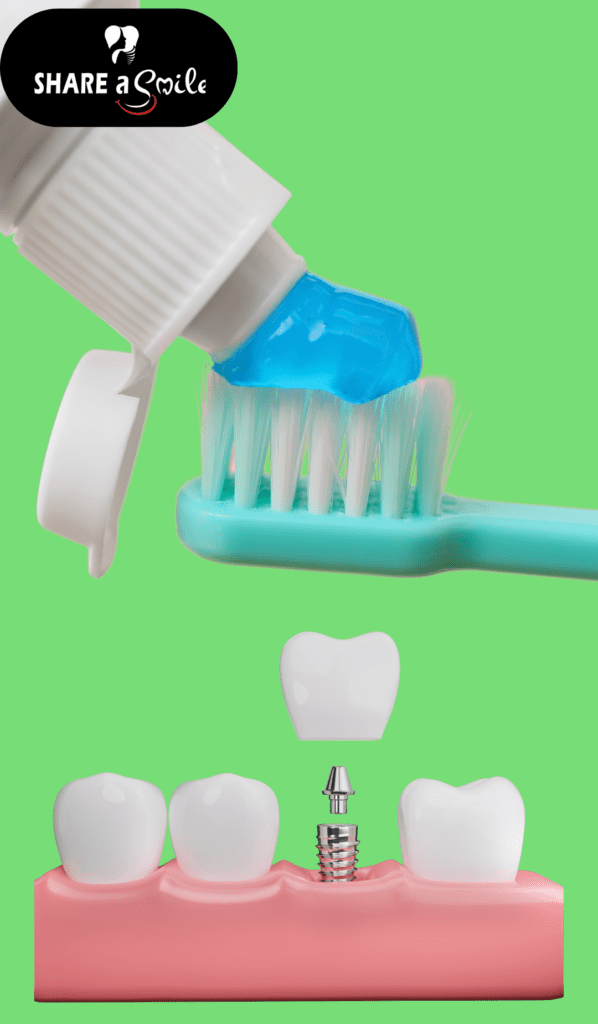
Flossing techniques for dental implants
Make flossing part of your daily routine to keep your implants healthy. Firstly, it is recommended to use unwaxed floss or specialized implant floss that is thin and flexible. This floss helps prevent any damage to the implant or surrounding tissue. When flossing, gently slide the floss up and down along the sides of each implant, being careful not to snap or force the floss, as this can cause harm.
For an alternative to traditional flossing, consider using a water flosser with an orthodontic attachment. The pulsating water stream can dislodge food particles and bacteria from hard-to-reach areas. If you encounter difficulties or have concerns about flossing around your dental implants, don’t hesitate to consult your dentist. They can guide alternative cleaning methods to ensure the longevity and health of your implants.
How smoking affects dental implants
Smoking can have a detrimental effect on the health and longevity of your dental implants. The chemicals and toxins in cigarettes not only reduce blood flow to the gums, making it difficult for them to heal properly after implant surgery, but they also restrict the delivery of oxygen to tissues, increasing the risk of implant failure or complications.
In addition, smokers are more likely to develop gum disease, which can significantly impact the success rate of dental implants. However, the good news is that quitting smoking before getting dental implants can greatly improve their long-term survival and overall oral health.
So, if you’re a smoker considering dental implants, it’s highly recommended to kick the habit for the sake of your oral well-being.
Diet and Lifestyle Factors
Maintaining a healthy diet is crucial for the longevity of dental implants. By nourishing your body with various vitamins and minerals, you can support the healing process and ensure the implant’s stability. Incorporating calcium-rich foods, such as dairy products and leafy greens, can promote strong bone density, which is essential for implant success. Additionally, foods high in antioxidants, like fruits and vegetables, can help reduce inflammation and support healthy gum tissue.
Regular exercise can also improve blood circulation to the gums, promoting oral health. Physical activities that increase heart rate, such as jogging or cycling, can enhance blood flow and deliver oxygen and nutrients to the gums and surrounding tissues. By adopting a balanced lifestyle that prioritizes healthy eating and exercise, you can enhance the longevity and success of your dental implants.
Moreover, avoiding excessive alcohol consumption is another important factor in reducing the risk of complications with dental implants. Alcohol can weaken the immune system, making it more difficult for your body to fight off infections and heal properly. It can also contribute to dry mouth, increasing the risk of gum disease and implant failure. Therefore, it is recommended to consume alcohol in moderation or avoid it altogether to protect the health and longevity of your dental implants.
Lastly, getting enough sleep is important for oral health and implant success. During sleep, the body repairs and regenerates tissues, including the gums and bone surrounding the implants. Lack of sleep can weaken the immune system and hinder the healing process, potentially leading to complications. Aim for 7-8 hours of quality sleep each night to support optimal oral health and ensure the long-term success of your dental implants.
Foods to avoid for dental implant longevity
When it comes to extending the life of your dental implants, it is important to pay attention to your diet and lifestyle choices. Avoiding certain foods can help prevent damage to the implant and surrounding tissues. Hard and sticky foods such as hard candies and chewing gum should be avoided as they can potentially harm the implant or surrounding tissues.
Similarly, acidic foods and drinks like citrus fruits and soda can erode tooth enamel, contributing to implant failure. Additionally, sugary foods and beverages should be limited as they increase the risk of gum disease, which can compromise the stability of dental implants.
Lastly, it is advisable to refrain from consuming hot foods and drinks immediately after implant surgery, as they can disrupt the healing process. By being mindful of your diet and making healthier food choices, you can enhance the longevity and success of your dental implants.
Importance of a balanced diet for oral health
Eating various nutrient-rich foods is essential for extending the life of your dental implants. These foods support the strength of your bones, which is crucial for implant stability.
Incorporating foods rich in calcium, such as dairy products and leafy greens, can promote strong bone density and ensure the success of your implants.
Additionally, consuming adequate amounts of vitamins C and D is important for maintaining healthy gums and aiding in the healing process after implant surgery.
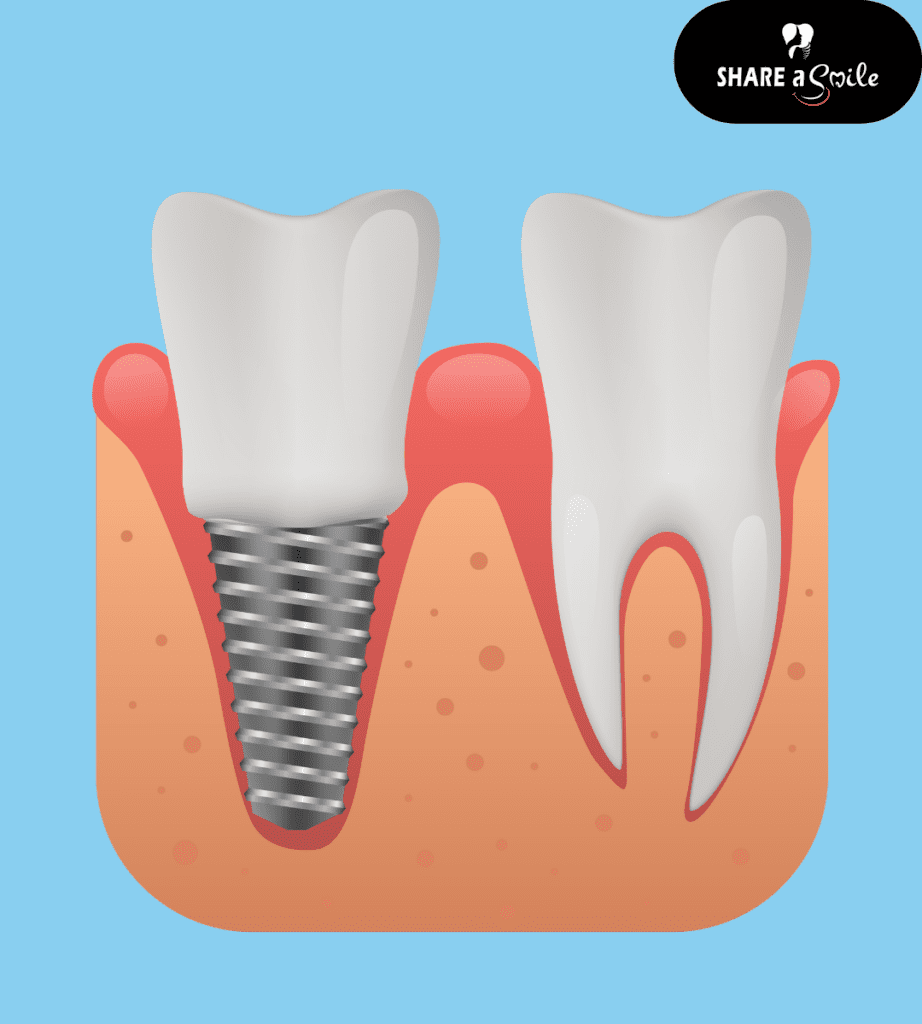

Including protein-rich foods, like lean meats, beans, and dairy products, can contribute to tissue repair around the dental implants.
Lastly, don’t forget to drink plenty of water to maintain proper hydration and saliva production, reducing the risk of dry mouth-related complications. By incorporating these dietary habits, you can support the longevity and health of your dental implants.
Regular Dental Check-ups
During regular dental check-ups, your dentist will examine the condition of your dental implants and identify any potential issues early on.
By catching these issues early, your dentist can take the necessary steps to prevent complications such as infections or gum disease that can shorten the lifespan of your dental implants. Therefore, scheduling regular dental check-ups is essential to ensure your dental implants last longer and stay in optimal condition.
Professional cleaning and maintenance
Professional cleaning is an essential component in prolonging the lifespan of your dental implants. These cleaning sessions are crucial in keeping your implants free from plaque and tartar buildup that can lead to gum disease or implant failure.
Dental professionals use specialized instruments to meticulously clean the hard-to-reach areas around the implants, ensuring a thorough cleaning. Additionally, the surfaces of the implants are polished during these maintenance appointments to reduce the risk of bacterial adhesion. By investing in regular professional cleaning and maintenance, you can not only enhance the longevity of your dental implants but also maintain their aesthetic appeal.
Common Issues and Troubleshooting
One common issue with dental implants is implant complications or failure. These issues can be indicated by persistent pain, swelling, or discomfort. Implant-related infections are another potential problem that can arise, causing symptoms like redness, pus discharge, or a foul taste in the mouth.
If you experience any of these signs or suspect implant issues, it is important to seek professional help promptly. Delaying treatment can lead to further complications. When seeking professional assistance for implant issues, diagnostic tests such as X-rays or CBCT scans may be conducted to assess the implant’s condition and determine the appropriate course of action.
Signs of implant complications or failure
To make sure your dental implants last, you have to be aware of common issues and troubleshoot them immediately. If you experience persistent pain around the implant site, it could indicate complications or potential failure, so consulting a dentist is crucial.
Additionally, if you notice that your implants feel loose or unstable, don’t ignore this issue. It requires immediate attention from a dental professional. Another sign to watch out for is gum recession around the implant area, which may indicate bone loss. This condition, if left untreated, can lead to implant failure, so it’s important to have it evaluated by a dentist.
Lastly, if you notice implant mobility, where the dental implant moves when touched, it’s an alarming sign that should prompt an urgent visit to a dental specialist.
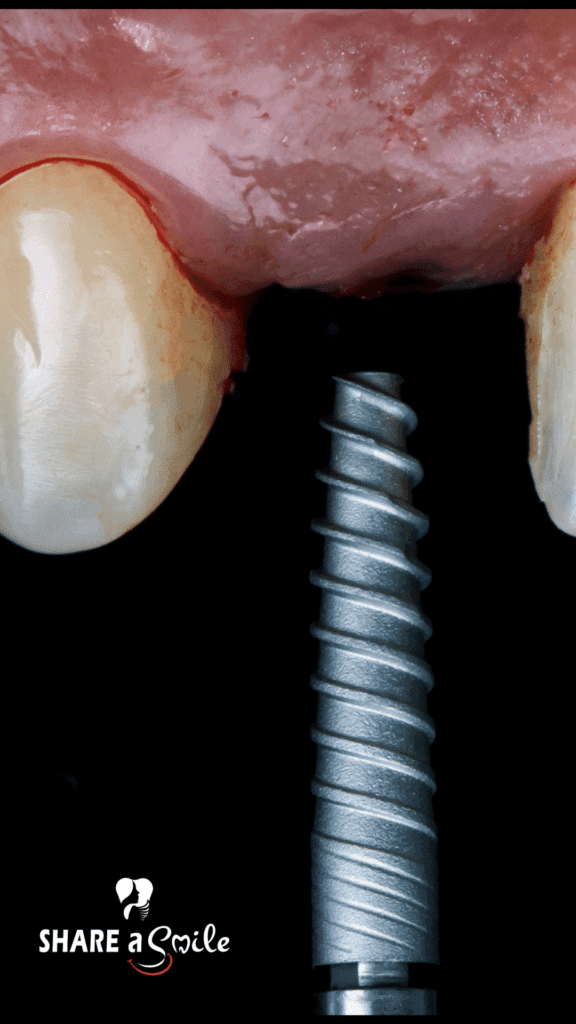
Dealing with implant-related infections
Maintaining proper oral hygiene practices is crucial for the longevity of your dental implants. Regular brushing and flossing can help prevent infections from forming around your implants. However, if an infection does occur, it is important to seek professional help promptly.
Your dentist may prescribe antibiotics to eliminate the bacteria and prevent the infection from spreading further into the surrounding tissues. In some cases, a thorough cleaning procedure called scaling and root planning might be necessary to remove plaque and tartar buildup around the infected implants.
However, if the infection persists despite conservative treatments, surgical intervention may be required to remove the infected tissue or even replace the implant. It is essential to address infections early on to ensure the success and durability of your dental implants.
Seeking professional help for implant issues
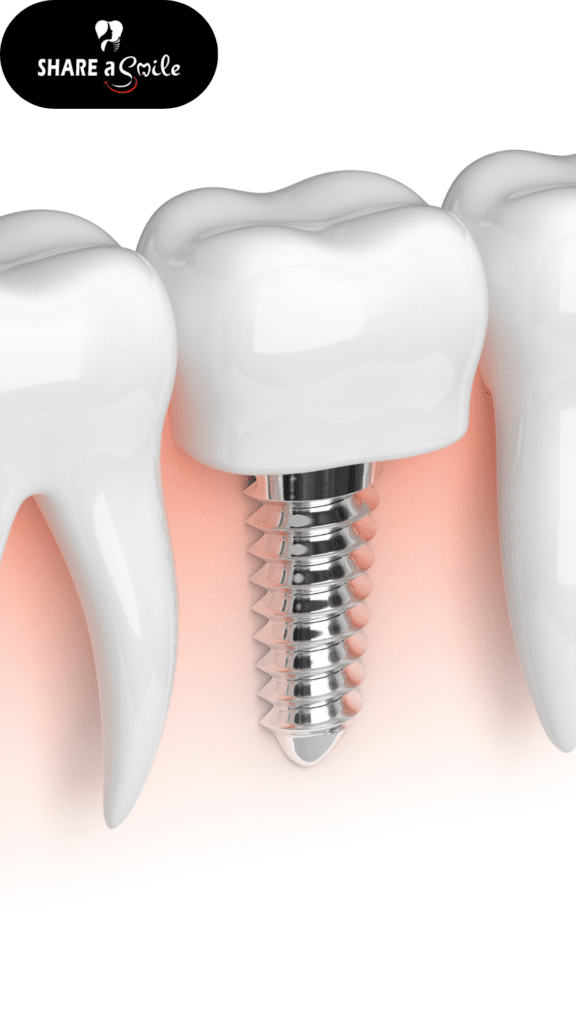
If you notice any signs of complications or have concerns about your dental implants, it is crucial to schedule a consultation with a qualified dental professional. A dentist experienced in implantology can assess the condition of your implants and provide appropriate recommendations to address any issues.
Professional help may involve additional diagnostic techniques such as 3D imaging or bone density tests to evaluate the health and stability of the implants. Early intervention by a dental specialist can significantly increase the chances of resolving implant issues and prolonging the lifespan of your dental implants.
Don’t hesitate to seek professional assistance and address any concerns promptly to ensure the long-term success of your dental implants.
Long-Term Care for Dental Implants
Proper oral hygiene is crucial for the long-term success of dental implants. Using antibacterial mouthwash and brushing and flossing regularly can help prevent plaque buildup and infections around implants. Additionally, scheduling regular dental check-ups is necessary to ensure the health and stability of the implants. During these visits, the dentist can examine the implants, clean them thoroughly, and address any potential issues before they escalate.
Avoiding smoking and excessive alcohol consumption is also vital in extending the lifespan of dental implants. These habits can weaken the immune system and increase the risk of complications.
Lastly, wearing a nightguard can protect dental implants from the harmful effects of teeth grinding. This condition, also known as bruxism, can put excessive pressure on the implants, leading to damage or implant failure. Using a nightguard provides a protective barrier, reducing the impact and helping to maintain the longevity of the implants
Replacing old dental restorations
Over time, dental restorations may wear down or become damaged, compromising their function and aesthetics. Replacing them can help maintain the integrity of the implant-supported restoration.
Upgrading old dental restorations allows for advancements in materials and technology, resulting in improved durability and aesthetics. Not only do new restorations offer a fresh and natural look, but they also provide an opportunity to address any underlying issues or concerns with the implant itself, ensuring its long-term viability. Regularly replacing
old restorations help prevent complications such as bacterial accumulation or recurrent decay. By staying proactive and keeping up with dental appointments, you can ensure that your dental implants and restorations are in optimal condition, extending their lifespan and maintaining a beautiful and functional smile.
Conclusion
In conclusion, extending the life of your dental implants requires a combination of proper oral hygiene practices, a healthy diet, regular dental check-ups, and addressing any issues promptly. By diligently following a daily oral care routine that includes brushing, flossing, and using antibacterial mouthwash, you can prevent plaque buildup and reduce the risk of infections around the implants.
It is also important to choose the right toothbrush and toothpaste and to floss correctly to ensure proper cleaning. Additionally, maintaining a balanced diet and avoiding smoking and excessive alcohol consumption can contribute to the longevity of your implants.
Regular dental visits are crucial for monitoring the health and stability of the implants, as well as for professional cleaning and maintenance. By seeking professional help at the first sign of implant complications or infections and replacing old dental restorations, you can protect the long-term success of your dental implants.
Share A Smile dental Pandalam, Pathanamthitta, Kerala is here to help for your long-lasting dental implants! Remember, proper care and attention will contribute to a beautiful and functional smile for years.
Our Service Locations
Share A Smile Dental Clinic is located in Pandalam, Pathanamthitta, Kerala. You can trust our experienced dentists.
